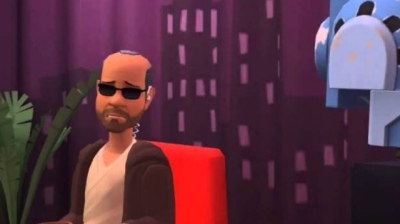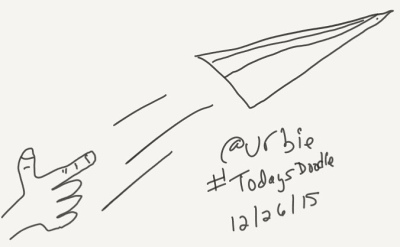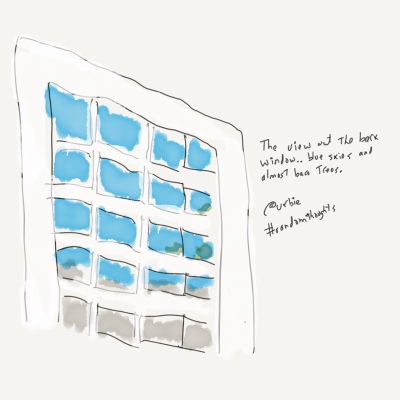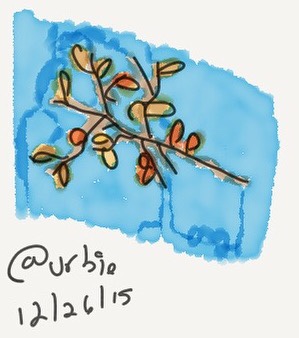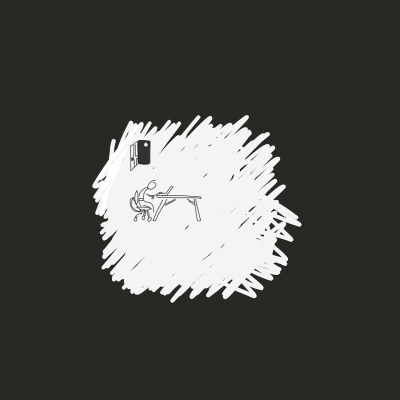PROLOGUE
Bored, the boy took off his watch and began fiddling with it whilst the teacher droned on about predicates. Turning his head he gazed out the window at the concrete playground. Lost in a daydream playing ball with his friends his watch, somehow, found its way into the cuff of his uniform pants. "Five more minutes. Please God make the time go faster." the boy prayed as he stared at the clock high up on the wall. "My watch! Where did it go?" he thought as he sat up suddenly, his face worried. His right arm shot up, hand waving frantically trying to gain the teacher's attention.
LEARNERS EXPERIENCE LOSS EVERY DAY
This actually happened. A few days after Christmas Break in 1969 I lost my watch. The sister, at Our Lady of Guadalupe School teachers were nuns of the Incarnate Word Order, when she noticed my raised hand smiled. Maybe she thought I was going to ask a question predicated on predicates? Sadly, we'll never know. What I do know, much to my embarrassment, was what happened next. After I told her I'd lost my watch she asked the class to help look for it. Before anyone could start Peter, sitting at his desk in the row next to mine said "He stuffed it into his pants cuff a few minutes go." What do you think happened next?
I learned lots of stuff in school. Reflecting on my experience now, so many years later, it surprises me that I did. I mean so much of the time in class I was daydreaming.
Fast forward to now: I finished watching George Saunders: On Story. My takeaway from his talk, I watched it several times, is that story is experience boxed up. Opening the story exposes someone to wonder. Being individuals we appreciate the story based on our experience. So I reflected on this a little more and connected some dots.
What if an online learning experience was more about story than facts? I'm taking HumanMOOC at the moment. I'm learning how to make online learning experiences a bit more learner friendly and engaging. The course is presented in two modalities that I don't completely understand. One is instructor directed whilst the other, I think, is learner directed. As usual in school the subject matter is chunked into lessons or modules the thought of which makes me shudder. They're artificial structures designed to make it easier for.. sorry, I'm going off on a tangent that has nothing to do with my story.
Except that it does. When a student is engaged in her learner experience hours can seem to pass in a blink. In this MOOC I'm put off by the structure of the first modality and confused by the second. The dissonance I feel makes me seek a third learning mode: rhizomatic learning. It's where I come up with a question and go in search of stuff. Sometimes I find answers. Most of the time what I find is more questions.
This is where the magic happens. Rather than poring over media the course designer and/or instructor thinks will provide learning I go on my own way. I don't believe it's serendipitous. It's purpose driven. It's my purpose that motivates me to go out and learn based on my own needs via my own resources.
EPILOGUE
My face, I'm told, flushed the deep red associated with life-threatening embarrassment as sister bent down to retrieve the watch from my pants-cuff. Geez that memory comes back so clearly despite the passing of almost 50 years. How might we leverage story to build life-lasting knowledge and skill? Might it encourage learners to open a door and, curious, go out into the night and experience it?
